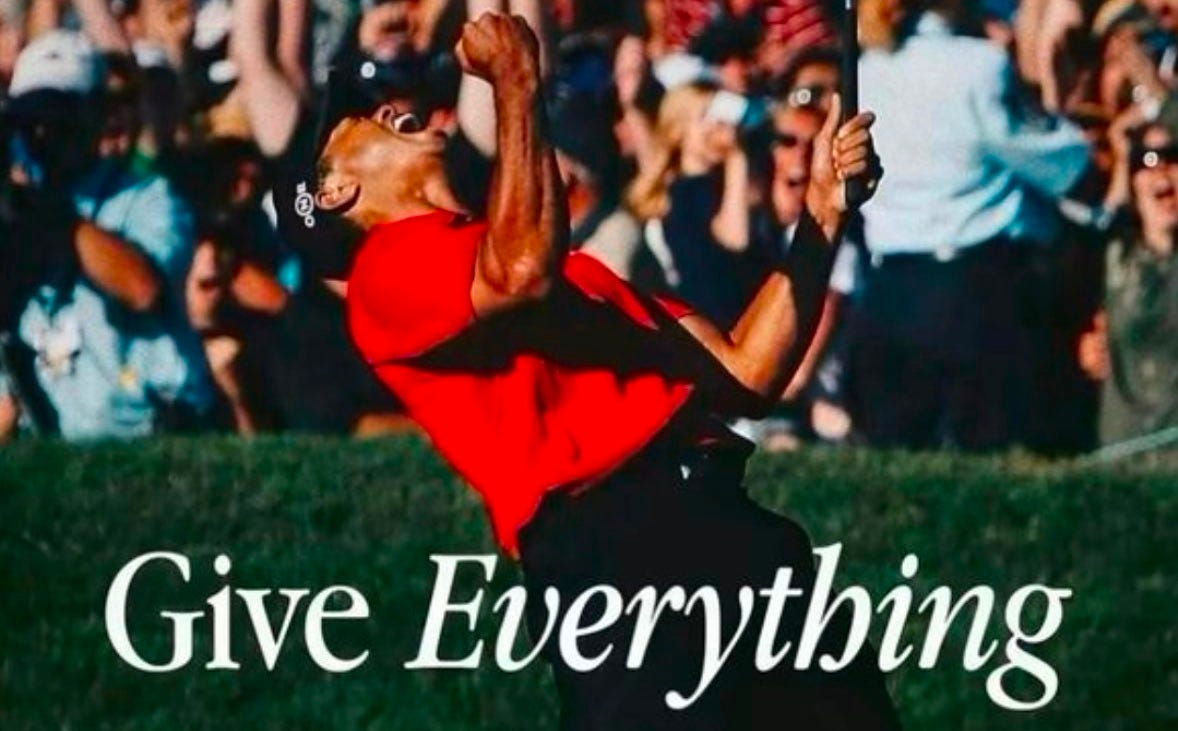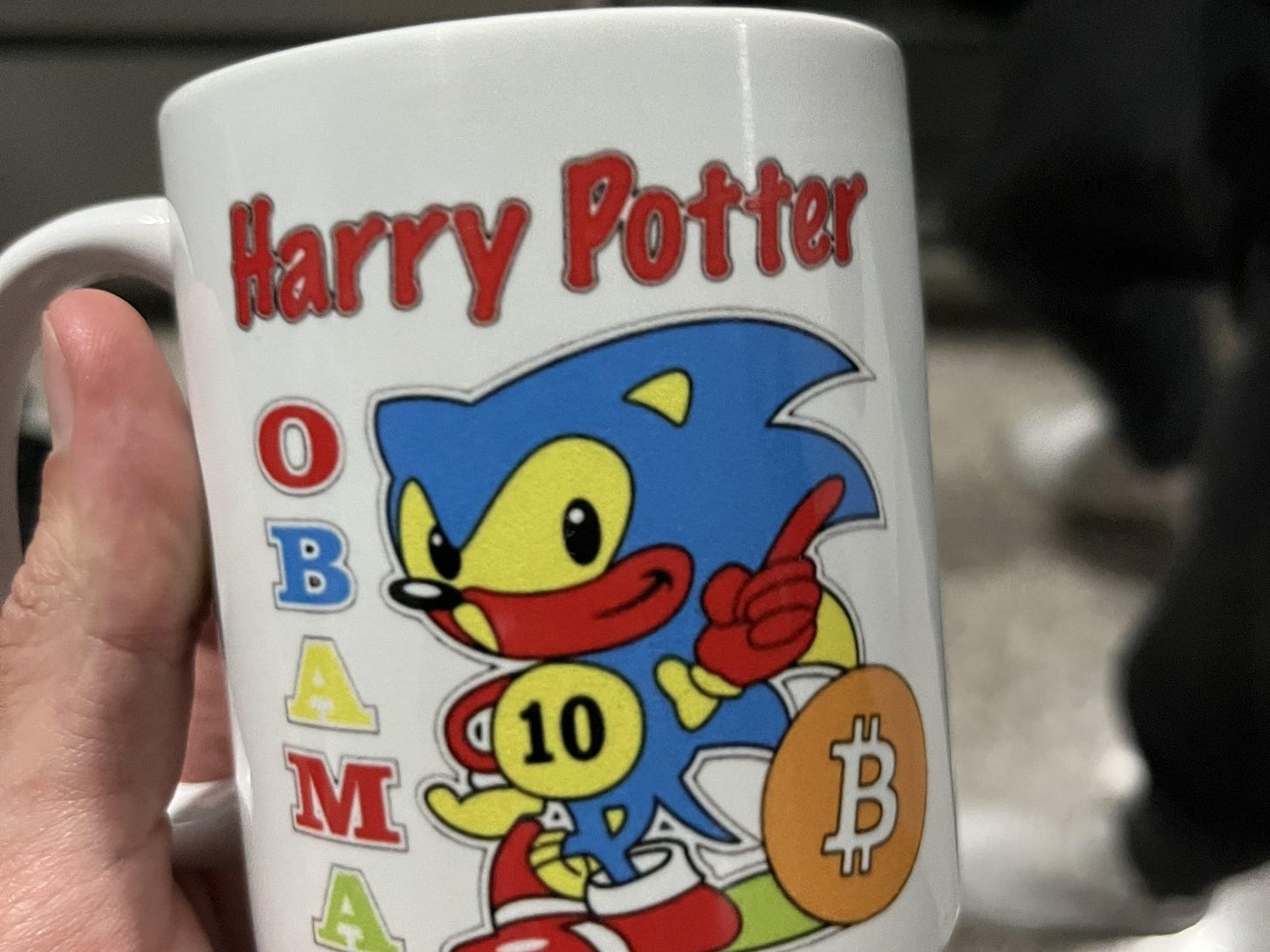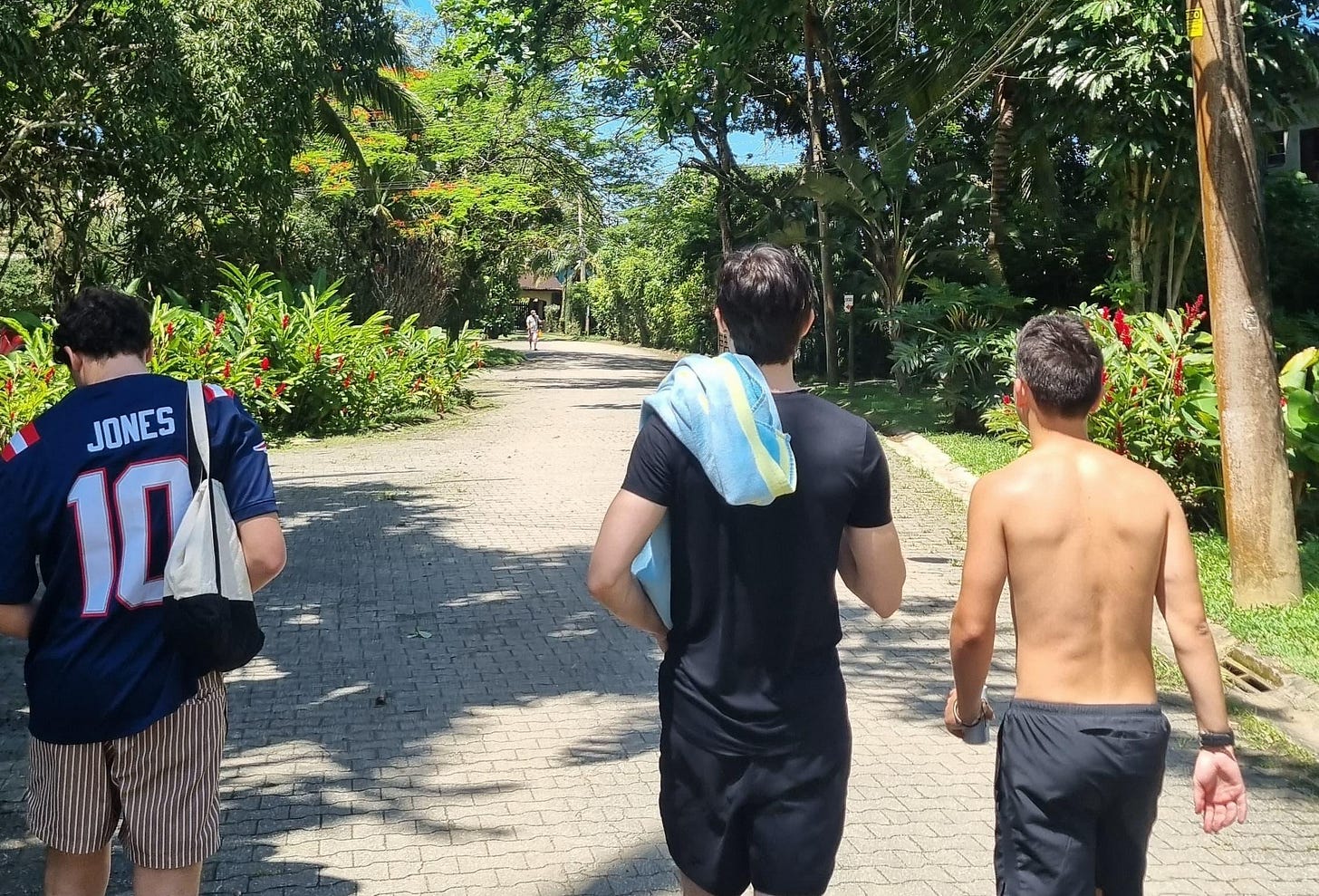annual review 2024
on commitment, faith and the paths ahead
In 2024, I rearranged my environment convinced that if I engineered the optimal bubble—deep silence, a large monitor, whiteboards all over my room—I’d finally lock into the perfect mode to achieve great things. After all, the reflection I had written the previous year was all about committing, so I thought building a good scaffold for my life would help me with that.
I was certain that through commitment I'd find more life value, but little did I know about the deeper questions one has to answer to unlock that. I didn't commit—I once again, explored—but now I can see through1 better, and realize how this is the greatest place I've been in my life.
Looking back, I realize I explored because I wanted to lead my own projects again. I wanted to tame the beast of my curiosity in the purest form—to get back to founding something. I ventured into different ideas and felt specially compelled by one. I tried to find a co-founder—in the wrong way!—learned how to code, joined a new startup, immersed myself back in crypto, and more. That wasn't pure commitment—I was clearly spread into different explorations.
To return to the original point, I now understand what it takes to commit. Committing for me felt like killing parts of myself, which is why I avoided it so much. To become mercurial, to slip between the different things you like, and not only opt-in for a single one but kill the others altogether, so you're free to do what you chose. Now, I also understand why Steve Jobs said that focus is “saying no to the hundred other good ideas that are there.” To commit is to feel the pain of what you're missing and to be okay with it, knowing its part of the process.
To reflect on that, I will begin this Annual Review with some highlights about 2024, and the conclusions I now have for 2025. I'll then back that with new goals, values and a list of questions I'd like to revisit to remind me of them. If you’d like to go back and read previous reviews, here’s what I wrote about 2023, 2022 and 2021.
Highlights
Believing in Something
In 2023, I got hooked to a problem I first encountered years ago while running Minecraft servers as a kid and had recently witnessed again at my previous startup job. I started thinking about that problem all the time. I wrote an essay about it and drafted many theses to solve it, but the puzzle pieces weren't connecting yet. After a few months immersed in the problem, I thought I was too much in my own head. I knew I needed a co-founder, so I started looking for one.
I'm glad I founded Genmafia the year before and had access to dozens of the most brilliant Gen Zs I've ever met to pitch my idea. Most were already on their own journey but kindly referred me to friends who were down to talk. I had calls for a month, saw so much raw intelligence, but was rather seeking a special spark that would instantly energize me. I can't exactly describe that spark, it feels like a mix of being provocative with a sensitivity that would make me reflect for days, which alone is not just a sign of intelligence, but lateral thinking, and also some kind of playfulness, as no meaningful work gets done without having fun with the craft.
In the end, the people who energized me the most were the ones with the least prestige—no Ivy League degrees, no FAANG experience—just a raw, kid-like curiosity. For these few ones, the timing wasn’t right to become a founder. Looking back, maybe it’s because I pitched a narrow thesis I was obsessing over while they simply weren’t. The lesson here is that building should be a mutual task, where both people admire a strange idea, feeding it to grow.
Substance and Play
One of the most interesting essays I read this year was Thoughts at the End of an Era. In it, the author says that a great milieu for work emerges from the combination of intellectual substance and play. That is the place we should strive to spend our time and venture into.
Over my career, I felt the strongest “substance and play” by working and talking to an old manager who had become a mentor to me. He'd leave the company we met to found his own venture-backed startup. As I reflected on my next steps in 2024, seeking substance and play, I decided to join him on quite a quick exploration before founding something of my own. Like any pre-pmf startup, we faced tough challenges, but the experience I had there was nothing short of enriching. I had the chance to work on meaningful questions while keeping a spirit of curiosity and experimentation.
I believe great companies are the products of leisure. To the extent that breakthroughs often emerge when we allow space for creative, sometimes playful, thinking—rather than staying only in a utilitarian or narrowly focused mode. SpaceX, Anduril and OpenAI were all created by free wealthy individuals enjoying their lives, not by people stuck in the rat race.
Growing by Staring at My Scars — Learning to code
As a kid running Minecraft servers, I worked with people who were coding in Java. I wasn't. I was doing game design and distribution. I was the idea guy that had no substance to build what I dreamed of, giving up an essential part of myself—agency. I'd have to wait for days for the engineers to build features and always had to prioritize one against the other. This was painful, to imagine but not create, to see through but not have immediate proximity to the craft. I tried to learn Java several times but could never enjoy it. So, I gave up and kept doing what felt closer to myself.
Years later, we're now in the era of AI. I don’t want to be redundant, everyone saw what Cursor is capable of. I started using it in April 2024 and experienced a state of flow I'd rarely felt up to this point in my life.
Working with Cursor—having tried dozens of other AI's for SWE's—finally transformed my role from an idea guy to a light craftsman. The feeling of building something complex on your own is so singular. However, I'm unsure for how long I will be able to enjoy that if I'd double down on learning the depths of programming right now. Don't get me wrong—I believe the people who get the most out of this AI evolution are exactly the people who understand the technical foundations that AI is building upon. Still, I feel somehow compelled to become a curator, gardener, conductor—orchestrating intelligent tools to work in harmony. That's where the future seems to unfold for me, so I'm enjoying my time with coding LLMs while I can, as the future might hold something different for that operational skill.
Keeping Conviction
Understanding what drives us is paramount. If we don't, we drop conviction when the first sequence of tough moments come to face us. These moments are actually the default when building something—you're surrounded by uncertainty, have to practice adaptability and often break past mental models held for years as truths that would never dissipate. Having clear answers to why am I doing all of this, why did I chose to enter some of the most torturing arenas, is the only way to stay in the game. You must not only have faith that you were meant to it, but to remind yourself and all the people supporting you that this is true, appealing to the “imagination of the many”.
What holds me still is quite personal, so I would rather not share online. There is a great thread to discover yours, if you're interested in it.
My Relationship
I believe the one thing I truly committed to this year was my relationship. Nothing is just sunshine, we had our moments of learning, but I'm deeply happy about the achievements we shared, the deep conversations that led to moments of small epiphanies, and the care and kindness we had for each other. Sharing a life with someone who recognizes your inner self is one of the best ways to stay centered in who you are. You share an invisible language. You don’t need to translate yourselves to each other. It’s easy. Effortless. It's a sense of: I get what this person is about and I admire it. Admiration is fundamentally seeing something you aspire to be in others—seeing your own light shine in someone else. Admiration reveals what is of value to you, whether that value is conscious or unconscious, and I'm grateful for sharing life with someone who represent parts of me that I want to deepen into.
What didn't work
Writing
Last year, I set very strict goals for writing. Publishing your thoughts online is one of the biggest leverages one can have—it compounds your connections, unravel ideas in your mind, and helps you meet people who think alike. Despite the benefits, writing felt arduous, and I struggled to find flow in it. In 2024, I overcompensated on the burdens of writing by learning to code. Both skills were deeply challenging for me, but I got it going with coding and now feel pleasure when doing so.
I plan to get back to writing in 2025, this time with no predefined objectives. I want to write when ideas are flaming in my head, instead of forcing myself to meet goals. To be much more intentional when I notice I need writing to look inwardly, to process all the ideas I long knew but never expressed yet. I hope in 2025 I can unlock the same flow for writing that I now have for coding.
Values
I reflected on and updated my values for 2025. I’ll use these values to evaluate the choices I make and benchmark how far off I am from what I’ve decided is a set of goals to strive towards.
For 2024, I had the following values...
Aim at the center
Find the office hours
Expect no second chance
Be present above all else
Keep my identity small
Faith over logic
For 2025, I've refined these values to...
Aim at the center (kept)
Find the office hours (kept)
Be present, with a small identity (merged)
Faith over logic (kept)
Focus on what compounds (new)
Aim at the center: Your "luck surface area" is always a function of your proximity to the center, to the extent that there is no luck, only proximity to the center. Doing things right means aiming towards the center to the best extent I can, toward the most ambitious problems. Also, I should be appreciating the virtues of simplicity more—knowing where I'll be tied down. There's such an art of placing as few stakes in the ground as possible, pulling an orbit of unknown discoveries closer to you. In 2025, I want to read more the specifics, consume less sheer amount of information, and rather deliberately repeat the same content. To hear the voice in my head saying all the things I've been conditioned to do, and then ignore it and keep pushing what I chose anyways. Value kept from 2024.
Compass: Am I working on the most ambitious problems right now? If I stack-rank that, is it a priority 1-2?
Find the office hours: Almost everyone who became great had people with more experience than them who showed them the way, shared their knowledge, and brought them up. I won't go very far if I go it alone in any aspect of my life. So, where are the office hours? How can I ask incisive questions to those further along than me to learn and progress faster? It's not enough to leave my door open when others aren't trying to enter my office yet. So, find or force the office hours from the greats that you identify, and learn from them. I do this with my friends and those in my circle, because often a peer has just as much to teach as a great. Be generous about hosting your own office hours when others ask for them. I should rarely be "doing it alone", and seeking to actively collaborate with the best for each project that I work on. Value kept from 2024.
Compass: Who can I learn from today, and have I actually asked them?
Be present, with a small identity: I want to keep relishing in the present moment and optimizing for fully being where I am. Once I decide where to be, I should be unreasonably invested in it—free from any ego that my identity may carry. Also, the less I judge myself, the less I judge other people, because when I judge others I’m always comparing them against what I fear most in myself. By letting go of ego and identity, I gain clarity to act on my convictions and deepen the things I love. This was probably the second value I cultivated most in 2024. I think many interesting heretical thoughts are already mostly formed in our minds. If we turn off our self-censorship temporarily, those will be the first to emerge.
Compass: Am I fully here right now, or is my identity overshadowing the moment? Am I groupthinking?
Faith over logic: You don’t want faith to be unreasonable, and you don’t want it to be reasonable because then you could just use reason, so it’s a complicated question of how you get faith and reason to work together. On one side, if you view life totally rationally, you start to see life as an optimization problem; And if you see life as an optimization problem, by the time you're done solving the optimization problem, you will find that what you've optimized for is a completely meaningless life. A faith, on the other hand, can’t be rationalized away. Even when times get tough, you stick to your faith no matter what. So, am I faithful to what I commit to in life? Faith in the sense of believing something when it appears to be temporarily untrue, making no sense a priori? For example, even great marriages have bad spells, moments where people considered ending it, but their faith and commitment is what keep them together, and it’s often the moments where it almost ended that brought them stronger and provided more meaning. A real lifelong marriage is the deepest relationship you’ll ever have because you’ve committed to a lifetime of faithfulness. So now, more than ever, what am I going to make true about the future, no matter what happens to the rest of the world? Value kept from 2024. This was the strongest value I cultivated this year, specially in my relationship, and can see my life improving dramatically by just believing in it.
Compass: Am I sticking to what I believe is/will be true? Am I reasoning too much?
Focus on what compounds: The world follows a power law—a fraction of our efforts produce most of our results, and everything that doesn’t compound with time becomes obsolete. I want to commit to work where each new step builds on the last. I’ll keep asking, “Does this multiply my impact over time?”—and if it doesn’t, I’ll often move on. As a reminder, things that tend to compound are brand, network, decision-making, and capital.
Compass: Am I working on things that add up?
2025 And The Path Ahead
I traveled back to Brazil to see some close friends. We had a beach trip that made me reflect how life unfolds over time. As we age, the playfulness that is part of a group exploration starts to get replaced by a series of individual pursuits. That's life, people chase their dreams, find partners to support them in their way, and slowly detach from what once was a collective goal. I find this sad in the sense that similar interests with many start to fade, the precise similarities that made us close at first sight. I'm not saying that similarities must be kept to have an enduring friendship, but they surely help in nurturing so.
That's interesting because it shows that, at some point, you have to surrender to yourself. The earlier you learn that, the better. So it's okay to see life moving and see people becoming different, becoming themselves—the triumphs of life aren’t grinding but settling down to your own strangeness.
In 2024, I unconsciously explored more than I intended. But perpetual exploration isn't sustainable; I can’t be a bundle of potential forever. To return to the previous note, a key lesson from last year is that you cannot run away from yourself. You cannot hide from yourself. You cannot fake the core—who you are on the inside… well, you know who you are.
I read recently that life needs chaos. You need to be disrupted and broken every once in a while to become something new, something better. 2024 was that for me, and 2025 marks a new beginning.
I sometimes like to walk in the street, stare straight ahead, and imagine that no buildings are around me, that I'm in an open field and can visualize miles in front of me. To zoom out into a kind of birds-view thinking where I can watch my own thoughts from distance. This is akin to a mental navigation that releases my mind, and is certainly related to the connection between walking and creativity, long known to intellectuals and artists and supported by recent research.





